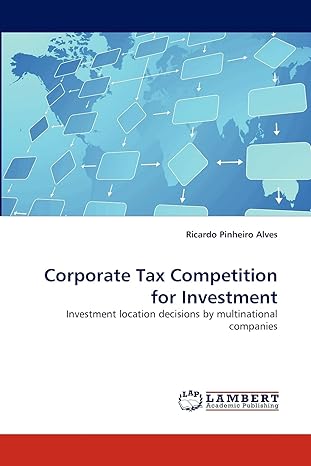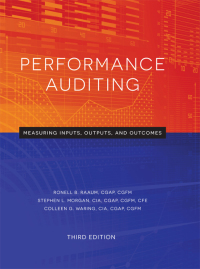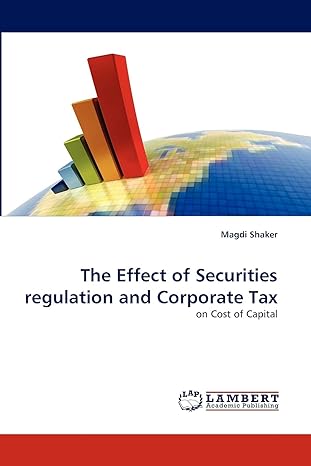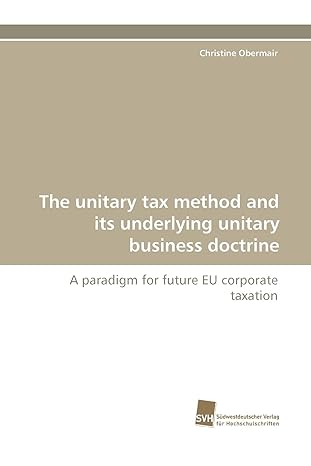Go back


Corporate Tax Competition For Investment Investment Location Decisions By Multinational Companies(1st Edition)
Authors:
Ricardo Pinheiro Alves

Cover Type:Hardcover
Condition:Used
In Stock
Include with your book
Free shipping: April 04, 2024Popular items with books
Access to 3 Million+ solutions
Free ✝
Ask 10 Questions from expert
200,000+ Expert answers
✝ 7 days-trial
Total Price:
$0
List Price: $85.32
Savings: $85.32(100%)
Book details
ISBN: 9783838369273, 978-3838369273
Book publisher: LAP LAMBERT Academic Publishing
Get your hands on the best-selling book Corporate Tax Competition For Investment Investment Location Decisions By Multinational Companies 1st Edition for free. Feed your curiosity and let your imagination soar with the best stories coming out to you without hefty price tags. Browse SolutionInn to discover a treasure trove of fiction and non-fiction books where every page leads the reader to an undiscovered world. Start your literary adventure right away and also enjoy free shipping of these complimentary books to your door.
Corporate Tax Competition For Investment Investment Location Decisions By Multinational Companies 1st Edition Summary: Tax competition models show taxation as a key variable in investment location decisions. Countries reduce taxation to attract firms. Firms locate their investments where the net return on capital is higher due to a lower tax burden. But tax competition is not optimal because the lowering of the tax burden causes an inefficient allocation of capital and provision of public goods. Thus, tax policies in an economic area such as the European Union should be coordinated. This book presents a behavioural approach where both uncertainty and the cognitive characteristics of managers have a central role. Investment location decisions are shown to be significantly explained by heuristics arising from the uncertainty faced by managers, while the role of taxation appears to be less significant than it is usually assumed. Therefore, not only countries should reconsider emphasizing taxation when implementing policies to attract investment but the main argument for corporate tax integration in the EU simply vanishes. The book may help managers dealing with investment decisions, public officials designing incentives to attract firms and lecturers in international economics or management.
Customers also bought these books
Frequently Bought Together
Top Reviews for Books
Derrick dobbins
( 5 )
"Delivery was considerably fast, and the book I received was in a good condition."










